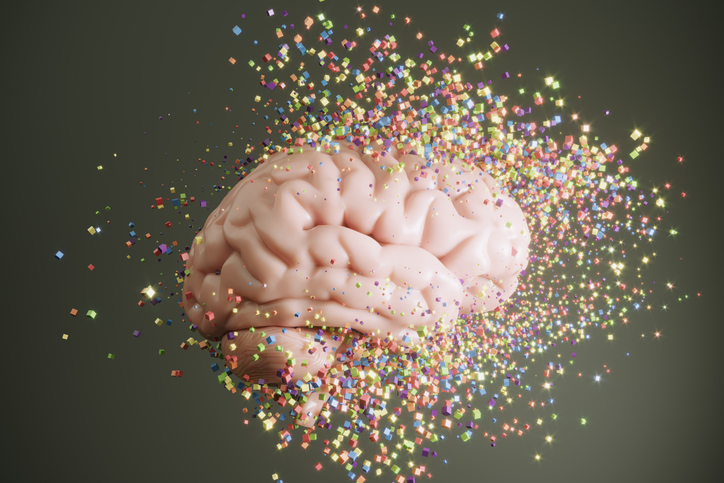
The findings of a new study suggest that eating more flavonols, antioxidants found in many fruits, vegetables, wines, and cheese, may slow cognitive decline in older people. The results were published in Neurology.
Previous studies have assessed the link between cognition and flavonoids, bioactives found in foods that are known to possess anti-inflammatory properties – but less on the association between consuming total flavonols and constituents (kaempferol, quercetin, myricetin, isorhamnetin) on cognitive performance.
The study was comprised of 961 participants between the ages of 60 and 100 from the Rush Memory and Aging Project, which is a prospective cohort study based in Chicago. The researchers analyzed diet using a validated semi-quantitative food frequency questionnaire, and assessed cognitive performance annually utilizing a combination of nearly 20 standardized tests. Flavonol intake was an assessed using linear mixed effects models, while cognitive domain scores were regressed on baseline calorie-adjusted flavonol variables, the researchers noted.
Accoring to the results, a higher intake of total flavonols and flavonol constituents were associated with a slower rate of decline in global cognition and multiple cognitive domains. When adjusted for age, sex, education, APOE-ɛ4, late life cognitive activity, physical activity, and smoking, the researchers observed total flavonol intake was associated with slower decline in global cognition, episodic memory, perceptual speed, and working memory. Moreover, flavonol consumption was found to be marginally associated with increased spatial ability.
Furthermore, when focusing on individual flavonol constituents, the results showed demonstrated that intakes of kaempferol and quercetin were associated with slower global cognitive decline. Myricetin and isorhamnetin were not associated with global cognition, the researchers further noted.
“It’s exciting that our study shows making specific diet choices may lead to a slower rate of cognitive decline,” said study author Dr. Thomas Holland, an instructor in the department of internal medicine at Rush University Medical Center in Chicago, in a statement published in a CNN article. “Something as simple as eating more fruits and vegetables and drinking more tea is an easy way for people to take an active role in maintaining their brain health.”







 © 2025 Mashup Media, LLC, a Formedics Property. All Rights Reserved.
© 2025 Mashup Media, LLC, a Formedics Property. All Rights Reserved.